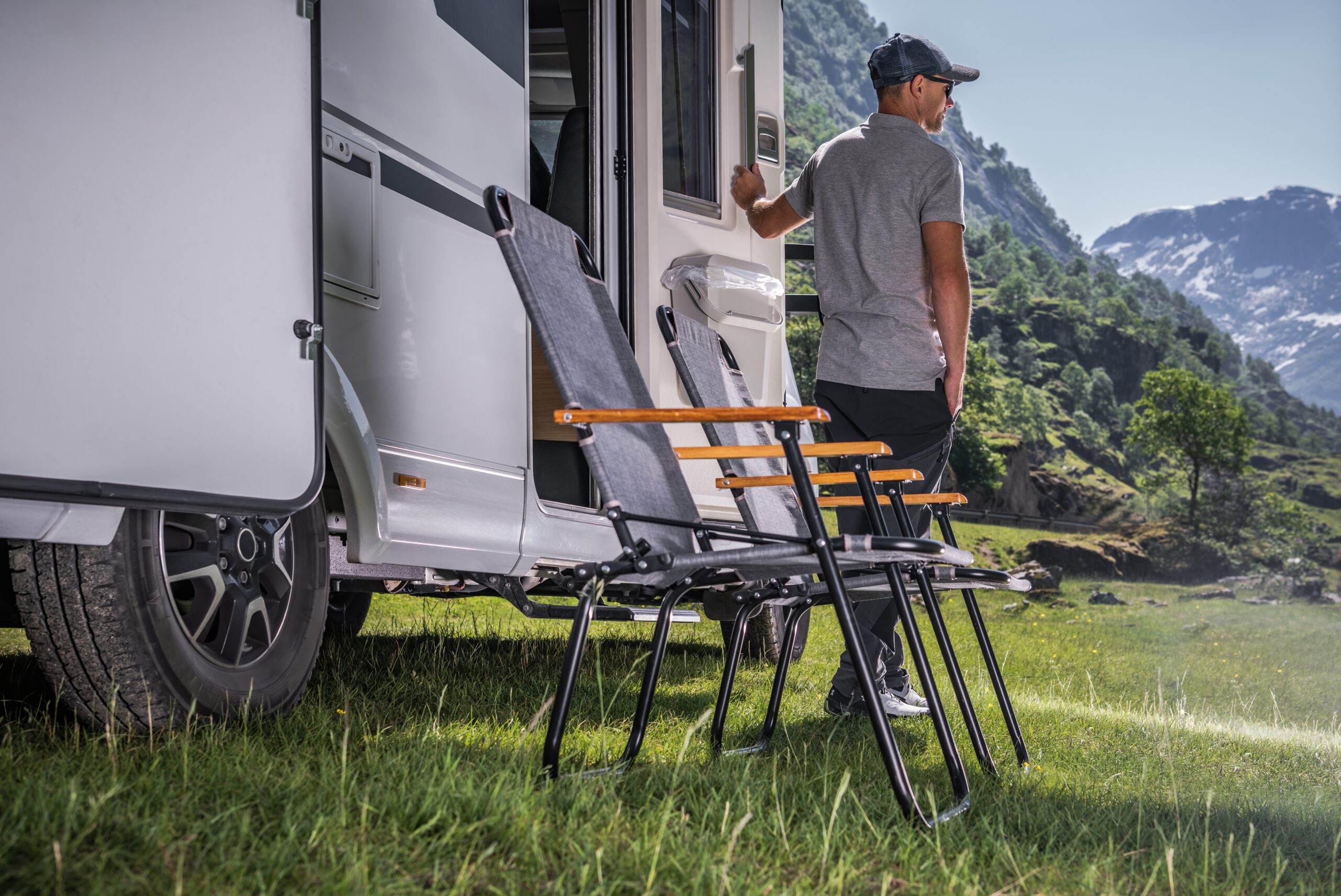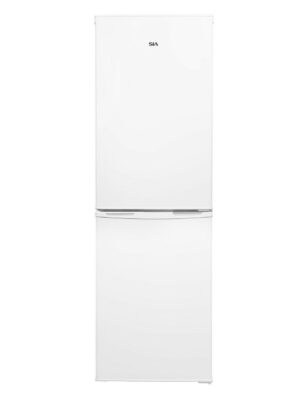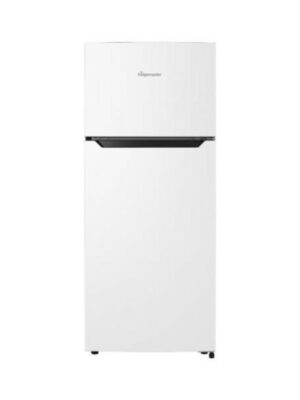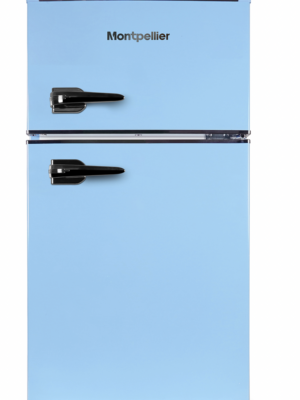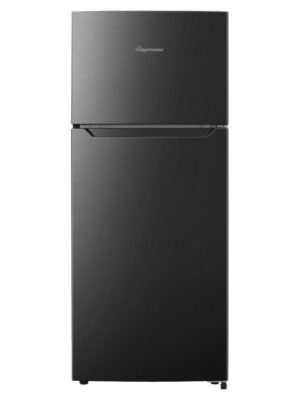Here’s a comprehensive guide to the 2024 motorhome rules and regulations.
Motorhome Rules and Regulations
Owning a motorhome can be both exhilarating and complex. It offers freedom to travel, but comes with significant responsibilities.
In 2024, new regulations add layers to the ownership experience. For instance, many regions have introduced stricter emissions standards, requiring older motorhomes to retrofit or face higher fees. Insurance requirements are also evolving, with some areas mandating coverage for additional liability due to increased road use.
Parking and zoning laws have tightened, making it more challenging to find legal overnight spots. Maintenance costs have risen, with newer standards necessitating frequent checks on emissions systems and safety features. Additionally, there are new guidelines for waste disposal and water usage, reflecting growing environmental concerns.
Navigating these changes requires staying informed and adaptable, ensuring compliance while maximising the benefits of motorhome travel.
Clean Air Zones
When driving a motorhome through Clean Air Zones in the UK, it’s essential to understand and comply with several key regulations to avoid fines and contribute to cleaner air. Clean Air Zones are established in cities and urban areas to curb air pollution, and they impose specific requirements on vehicles.
First, be aware of the emission standards required for your motorhome. Clean Air Zones often mandate that vehicles meet certain standards; if your motorhome doesn’t meet these standards, you may face daily charges or penalties.
The fees for non-compliant vehicles can vary significantly depending on the zone. For instance, in London’s Ultra Low Emission Zone (ULEZ), the charges can be quite high. Checking the specific charges for each Clean Air Zone you plan to enter is crucial.
Some zones offer exemptions or discounts for certain vehicles, such as electric or hybrid motorhomes, so it’s worth investigating whether your vehicle qualifies for any of these benefits.
Clean Air Zones can cover entire cities or be restricted to specific areas, so knowing the boundaries of each zone is important to avoid accidental violations. ULEZ is not just limited to London, but is also now found in:
- Bath
- Birmingham
- Bradford
- Bristol
- Greater Manchester (under review)
- Portsmouth
- Sheffield
- Tyneside – Newcastle and Gateshead
Also, you may need to present proof of your motorhome’s emission standards when entering a Clean Air Zone, so keep relevant documentation handy.
By understanding and following these regulations, you can enjoy your travels while supporting environmental goals.
Waste Disposal
In the UK, disposing of waste from a motorhome involves adhering to specific regulations designed to protect the environment and public health. Understanding these rules is essential for responsible travel and avoiding fines.
Motorhomes generate several types of waste, including:
- Grey water (from sinks and showers)
- Black water (from toilets)
- General refuse
Here’s a breakdown of how to manage each:
Grey water should be disposed of at designated waste disposal points, often found at motorhome service areas or campsites. Discharging grey water on the ground is prohibited and can result in fines.
Black water also requires careful handling and must be emptied into proper sewage disposal facilities. Many service areas and campsites provide chemical toilet disposal points for this purpose. Proper disposal helps prevent environmental contamination and public health issues.
Non-recyclable waste, or general refuse, should be disposed of in general waste bins provided at service points or recycling centres, some of which can be found at large supermarkets. Many areas also offer recycling facilities where you can separate materials like paper, plastic, and glass.
Recent changes to waste disposal regulations in the UK have focused on improving environmental protections. For example, there are stricter controls on chemical waste and more emphasis on proper recycling. Additionally, local councils may have specific rules regarding waste disposal, which can change frequently.
To stay updated on regulations, regularly check the websites of local authorities, motorhome clubs, and environmental agencies.
Your Driver’s Licence
In the UK, the type of driver’s licence required to own and drive a motorhome depends on its weight and classification.
For motorhomes up to 3.5 tonnes (Class C1), a standard car driving licence (Category B) is sufficient. This category covers most motorhomes and allows drivers to operate vehicles up to 3.5 tonnes GVW (Gross Vehicle Weight) without needing a special licence.
For motorhomes exceeding 3.5 tonnes but less than 7.5 tonnes, drivers need a Category C1 licence. This is a specialised licence that requires passing a medical exam and a driving test specifically for larger vehicles.
Motorhomes over 7.5 tonnes fall under Category C, which requires a Category C driving licence. This licence involves more rigorous testing and medical evaluations, as well as additional training for handling larger, heavier vehicles.
Parking Your Motorhome
In the UK, parking a motorhome involves adhering to local regulations and restrictions. Motorhomes can park in designated areas, such as motorhome pitches or campsites, but overnight parking on public streets or in certain urban areas is often restricted. Always check local signs and regulations to avoid fines.
Sleeping in your motorhome is permitted where overnight parking is allowed, such as at approved campsites or motorhome service areas. Wild camping, or sleeping overnight outside designated areas, is generally not allowed unless explicitly permitted.
Living in a motorhome, or using it as a full-time residence, also requires compliance with local council regulations. Some councils have strict rules about long-term parking or residency, and you may need to inform them if you plan to live in your motorhome full-time. Additionally, you must ensure your motorhome meets standards for waste disposal and safety while living in it.
Motorhome Insurance
In the UK, motorhome insurance is mandatory and must cover at least third-party liability, which protects against injury or damage caused to others. Comprehensive insurance is recommended as it provides broader coverage, including damage to your motorhome, theft, and fire.
Insurance policies for motorhomes can vary based on factors such as the vehicle’s value, usage, and the driver’s history. It’s crucial to accurately declare how the motorhome will be used, whether for leisure trips or as a full-time residence, as this impacts the policy terms and premiums.
Additionally, policies may include requirements for regular maintenance and adherence to safety standards. It’s essential to check if the policy covers European travel if you plan to drive abroad. Ensuring that your insurance meets legal requirements and suits your specific needs will help protect you and your motorhome effectively.
Driving Your Motorhome in Europe
When driving your motorhome in the EU, there are specific rules to follow.
When driving in France, you must display a Crit’Air sticker on your windscreen if travelling in low-emission zones. This sticker indicates your vehicle’s emission category and helps you comply with local environmental regulations.
Regarding parking, in France, you can park your motorhome in designated areas like motorhome parks, campsites, or service areas, often known as Aires. Overnight parking is generally restricted in urban areas, so use authorised spots, which are relatively common across France and clearly signposted.
Make sure to carry necessary documentation, including your driving licence, insurance details, and vehicle registration when driving in the EU, and adhere to local regulations to avoid fines.
Motorhome Essentials
When living in or travelling with a motorhome, having essential gear ensures comfort and functionality. Key items include a reliable power source, such as solar panels or a generator, to run electrical appliances. Essential electrical goods include a fridge, cooker, and possibly a microwave for convenience.
Portable heaters or fans can manage temperature, and a quality battery management system is crucial. For entertainment and communication, consider a TV, radio, and mobile charging equipment. Don’t forget essential tools like a water pump, portable toilet, and waste disposal kits.
Proper organisation and having these essentials will enhance your motorhome experience.
Are Motorhomes Worth it?
Motorhomes can be a worthwhile investment for those who value travel flexibility and comfort. They offer the freedom to explore diverse destinations without needing to book accommodation, providing a homely environment on the road. They’re ideal for frequent travellers or those seeking extended vacations.
However, motorhomes require a significant initial investment and ongoing costs for maintenance, insurance, and storage. Consider your lifestyle, travel habits, and financial situation before committing. If you love road trips and the convenience of having your own space wherever you go, a motorhome can be a rewarding investment.
Inlander Low Voltage
Look no further than Inlander Low Voltage to equip your motorhome with all your essentials!

